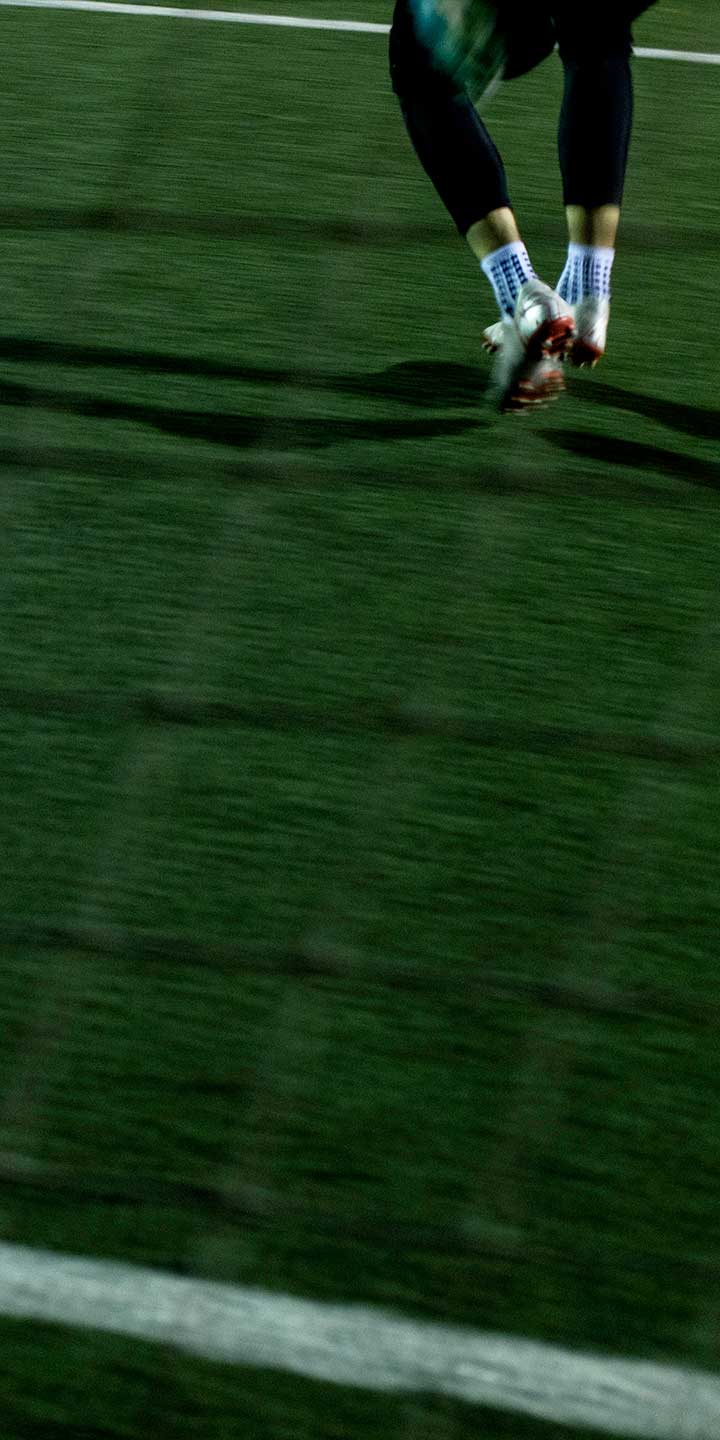
#FIFA #RSTP #bridgetransfer #solidarity #training #minors
Tuesday, February 11th 2020 - FIFA has just published the March 2020 edition of the Regulations on the Status and Transfer of Players. A number of changes are worth highlighting.
The first change, which should make life easier for training clubs, concerns the concept of bridge transfer. According to Definition 24, a bridge transfer is “any two consecutive transfers, national or international, of the same player connected to each other and comprising a registration of that player with the middle club to circumvent the application of the relevant regulations or laws and/or defraud another person or entity”.
This new Definition must be read in combination with the new Article 5bis RSTP which presumes that “if two consecutive transfers, national or international, of the same player occur within a period of 16 weeks, the parties (clubs and player) involved in those two transfers have participated in a bridge transfer”.
“If two consecutive transfers, national or international, of the same player occur within a period of 16 weeks, a bridge transfer is deemed to have taken place”
As no distinction is made, the presumption seems to apply to both temporary and permanent transfers.
Pursuant to Article 2.ii of Annexe 5 RSTP, solidarity contribution is due when “a professional player is transferred, either on a definitive or loan basis, between clubs affiliated to the same association, provided that the training club is affiliated to a different association”. However, this amendment shall only enter into force as from 1 July 2020.
Article 22 lit. e) now provides that FIFA is competent for “disputes relating to training compensation (article 20) […] between clubs belonging to the same association provided that the transfer of a player at the basis of the dispute occurs between clubs belonging to different associations”.
A typical scenario falling within the scope of this Article concerns a player belonging to a club A from the country Y, who is first loaned out to a club B belonging to a club from the country X and then transferred on a definitive basis to a club C from the country X.
In principle, according to the former version of the RSTP, B was not entitled to claim training compensation from C as they were belonging to the same Association. However, by analogy with the solution enshrined in the RSTP for solidarity contribution matters, the Dispute Resolution Chamber had declared itself competent for this type of training compensation claims. This change is in fact merely aimed at codifying the existing jurisprudence of the Dispute Resolution Chamber.
“This change is aimed at codifying the existing jurisprudence of the FIFA Dispute Resolution Chamber.”
Again, this new (formal) change shall only enter into force on 1 July 2020.
As to the transfers of minors, FIFA has codified its jurisprudence regarding refugees and exchange programme students. Furthermore, FIFA imposes an obligation on National Associations intending to register a player under the age of 10 to verify and ensure that the circumstances of the player fall, beyond all doubt, under one of the exceptions provided for in Article 18.
We regularly advise clubs and athletes before the FIFA dispute resolution bodies and the CAS.
Feel free to contact us if you are in need of our advice.
Gauthier Bouchat (This email address is being protected from spambots. You need JavaScript enabled to view it.)
Tour & Taxis
Havenlaan/Avenue du Port 86C B414
BE-1000 Brussels
T +32 2 421 94 94
info@atfield.be